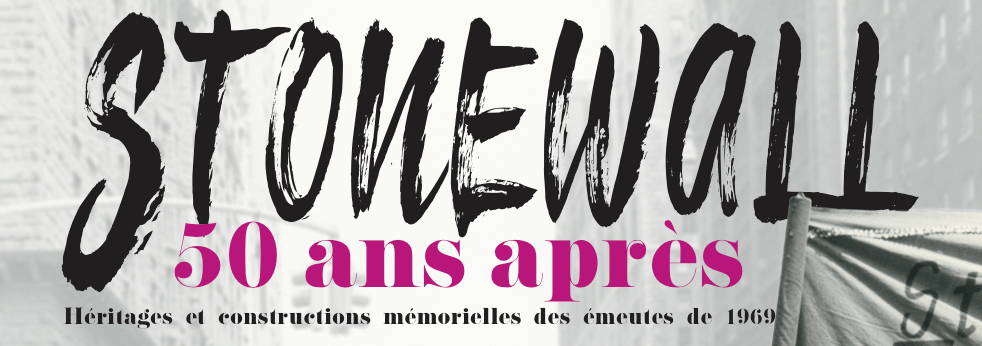The Soviet history of regulation of same-sex relations was not linear. Male homosexuality was decriminalised in 1917 only to return to criminalisation in 1934. After recriminalisation, an epoch of silencing of homosexuality followed for decades until dissolution of the Soviet Union. In 1993, male homosexuality was decriminalised in newly emerged Russian Federation that also depathologised homosexuality in general in 1999. All these years, knowledge about varieties of sexualities and the Western LGBT movement still circulated across the country's vast territory. This paper traces the ways in which information about homosexuality seeped into the hostile environment of the Soviet press in the 1970s, and then inspired Russian secret ‘gay-liberation' movement in the 1980s and open LGBT movement of the 1990s. I also cover more recent debates around ‘LGBT-Pride Parades' that were characteristic for the Russian LGBT movement in the second half of 2000s. In tracing this convoluted story, I use two major sources of data. Firstly, I look at publications in the most important monthly magazine for the Soviet youth, the Ogonyek (little fire of the revolution). Several times the magazine covered stories related to the Stonewall riots in the USA (certainly, to illustrate the point of corrupted capitalist societies). These very occasional and rare publications help to show the firewall of silence that was erected in the USSR in respect to LGBT issues, as well as the forms in which the silence was still broken at times. Secondly, I turn to life histories collected in my research on sexual citizenship in current Russia. These histories are biographical interviews with people who identify as gay, lesbian or bisexual. Some of the interviews were collected from the people involved in LGBT movement from 1980s to 2000s. As another set of data for contextualisation, I also refer to my previous research on the strategies of LGBT activists in Russia in the second half of 2000s and their views on open public campaigning as opposed to more hidden forms of activism (community work, support lines or personal networking for the purposes of raising awareness on LGBT issues). The analysis of these materials reveals the ways in which achievements and ideas from the Western LGBT movement were reworked and remastered in Russia. I focus especially on the language used to refer to sexual diversity over time: from notions of criminal law and pathological medical discourse to sub-cultural linguistic categories of sexual identities. The analysis of this language illustrates how ideas engage in conversation between different sexual and political cultures. It would be a misrepresentation to say that this conversation was always one-sided where only the West dictated how LGBT movement could be understood and how it should act. On the contrary, Russian activists did rethink Western notions and offered local understanding of sexual subjectivities emerged from an amalgam of Russia's own sexual history and internationalised sexual politics of the Stonewall legacy.
Speaker
Alexander Kondakov is a postdoctoral researcher at the Aleksanteri Institute (University of Helsinki, Finland) and a research associate at the Centre for Gender, Feminisms and Sexualities (University College Dublin, Ireland). For a decade, Kondakov's work has been primarily focused on law and sexuality studies. His latest research looks at violence against LGBTIQ people in Russia in the aftermath of the “propaganda of homosexuality” bill signed into law in 2013. He has published numerous articles in Sexualities, Social and Legal Studies, and Feminist Legal Studies among others.

 PDF version
PDF version
